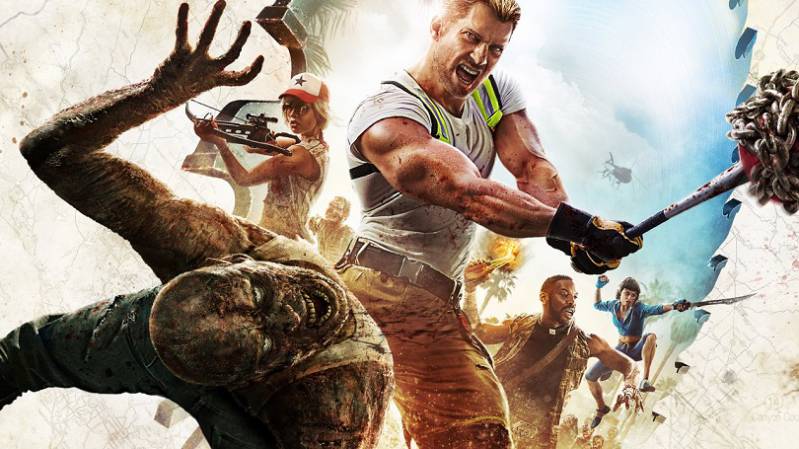
And at first the game felt really promising and really pulled me in. But following orders and doing as youre told despite your better judgement, in the hope that it might make things better, that is the horror of computer game journalism.SPOILERS ahead: granted, my expectations where probably higher than they should have been. Spec Ops: The Lines awkward morality choices have nothing to say about the horror of war. Good business is one thing, but when writers like me plug our ears, cover our eyes and just review the game we wish wed played, we arent doing our jobs properly. We do what were told: when ThatGameCompany promise us emotion and artistry, and then delivers lightweight froth like Journey, we nevertheless respond with fervour and gratitude. Were desperate to find something profound seemingly meaningful games are so few and far between that we inflate their worth beyond all proportion. The piss-thin gruel that weve come to expect from computer games has us so starved of any real substance, that when a game like Spec Ops promises to be bold and provocative, we latch onto it like its the last loaf of bread. Im not sure its that the gaming press is necessarily toothless - its more that were just desperate. Its cynical of me to chalk this up to good PR developers can handle some bad publicity, and most game journos are happy to give it to them. Even if it doesnt want to be, Spec Ops is enjoyable. Its a lark, a loud, bombastic, bloody shooting gallery that wants you to pull the trigger. Spec Ops: The Line is no more a look at the horrors of war than jumping on a bouncy castle is a look at peoples fear of heights. All the reviews calling Spec Ops gritty and harrowing, talking up the depiction of PTSD and battle fatigue, are bumph. And its fun - shooting games have been fun for twenty years, and Spec Ops mechanics are nothing new. Spec Ops: The Line has you blowing heads off and punching lights out, all captured in hell-yeah Zack Snyder speed ramping. And when the game turned out to be a pool of slo-mo, gore effect, rock soundtrack kill-spunk, it was too late to back down. Yager had advertised a provocative and gripping third person shooter, that challenges players morality so to keep things sweet, thats what we advertised too. Back in April, IGN described Spec Ops as bleak and dark a brave attempt to break new ground. Even I stuck my uninformed oar in, promising BeefJack readers that The Line would leave you with some searching questions and examine the human condition more closely than any shooter to date all this without having actually finished the game. Official Playstation Magazine called it harrowing macabre and very Apocalypse Now. For six months or more, weve been fed a steady trickle of hype-pieces, touting The Line as a grisly, uncompromising treatise on the horrors of war. Which is why every review of Spec Ops: The Line has been saying the exact same thing. Do that once too often and pretty soon your readership is going to start browsing for more confident opinions. To call the game rubbish would be to admit they were wrong. Gamespot had spent weeks bigging up Kane and Lynch.

But more than that, its about saving face. If you want access to review copies, leaked screenshots and exclusive interviews, you have to keep developers on-side by chucking them some good press every now and then. Its scary that Eidos thought it could buy a good review with advertising money its even scarier that Gamespot agreed with them. Though hes since bounced back with (which in a poetical turn of justice was this year purchased by Gamespot owner CNET) Gerstmanns story is a horrifying example of how ad revenue and PR influences videogame journalism. We all remember the woeful tale of Jeff Gertsmann, the reviewer at who, having had the gall to award Kane and Lynch a not-so-superlative seven out of ten, was hauled out of his job by the Eidos Thought Police. And so too, it seems, are videogame reviews.

Videogames are about doing as youre told. Bigger games like World Of Warcraft and Fallout give you the space and freedom to play how you like, but they still have rules sure, you can strip your Lone Wanderer down to his Vault-issue undies, but his pork n beans are strictly off-limits (probably a good thing considering how accurate VATS can be). Short-leash shooters like Call of Duty keep you in line with objective marker sticks and action-beat carrots: they say jump, you press X to ask how high.


 0 kommentar(er)
0 kommentar(er)
